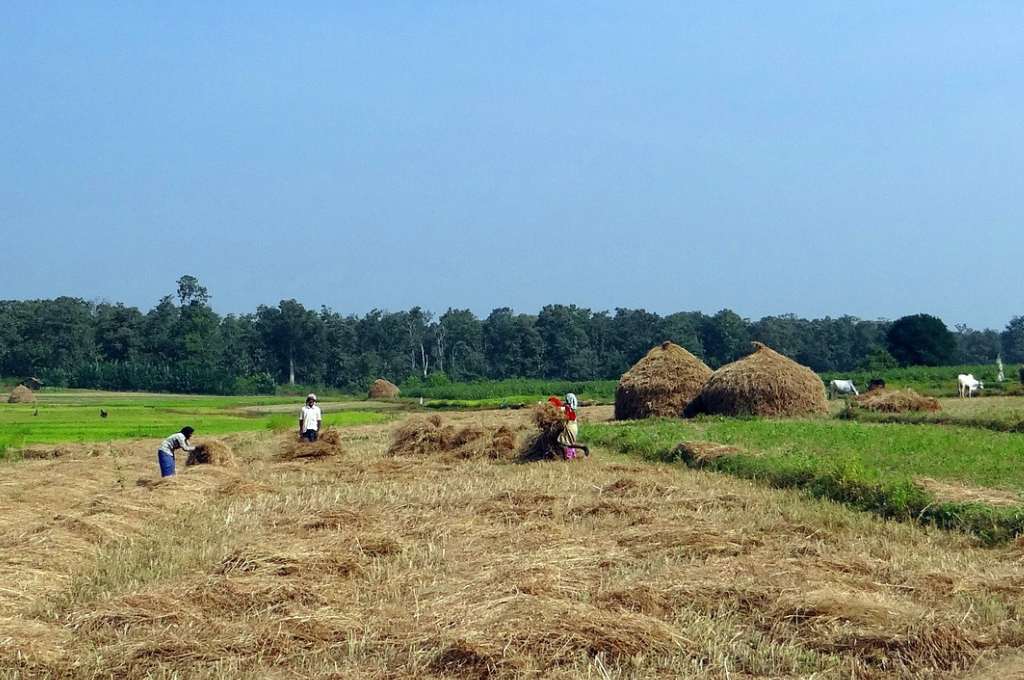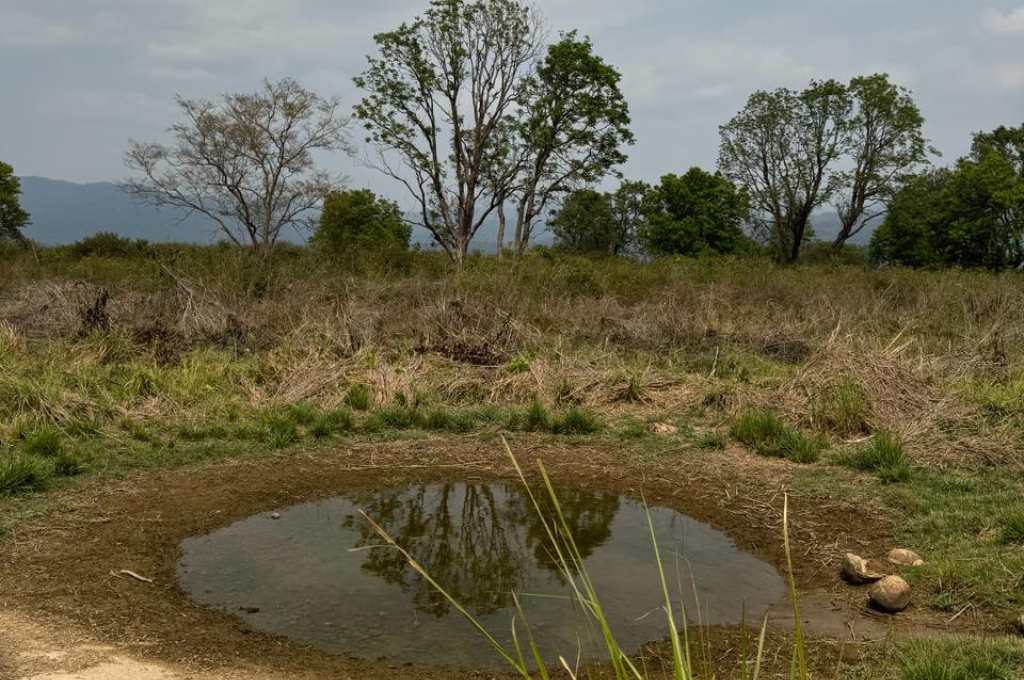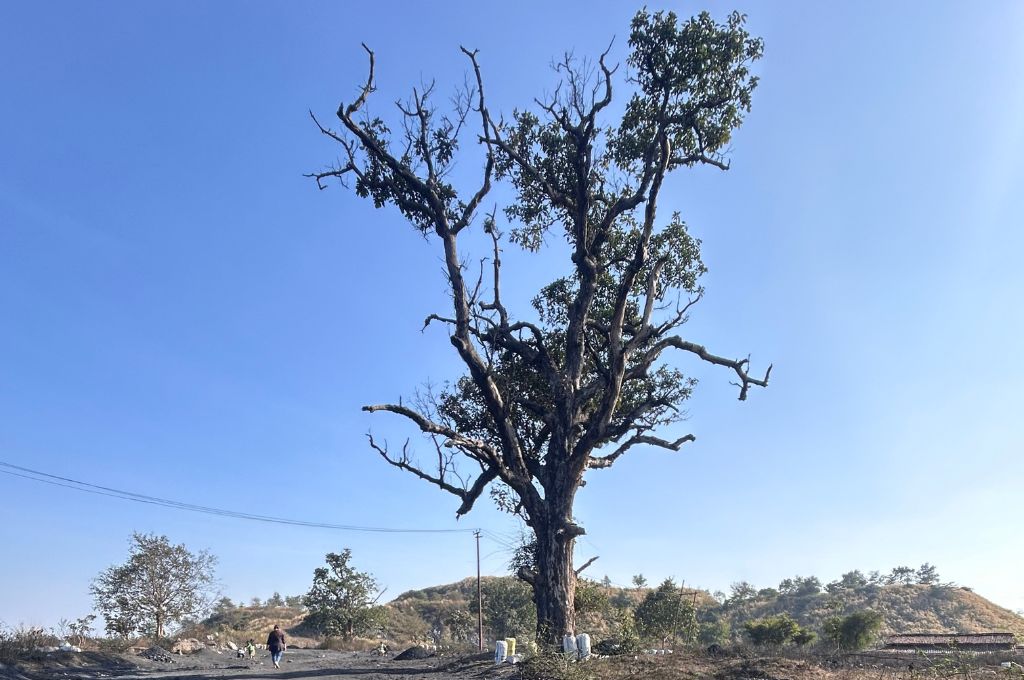A tale of two wives
“When I married against my parents’ wishes, they refused to keep any ties with me or my husband. During the lockdown, he came back from Ahmedabad and brought his new wife along. I was supposed to silently accept that my husband will now live with two wives. When I resisted accepting this, my father-in-law asked me to leave with my 10-month-old child. They took away my savings and even my office mobile phone,” Sushma* tells Sita Devi.
Sushma is one of many young women who find themselves fleeing difficult living arrangements after the introduction of ‘other’ wives into the household after the lockdown.
Stories like this are not new to Sita Devi, who started working at the Women’s Resource Centre (WCR)—a community-owned space led by Adivasi women from villages in southern Rajasthan, a year ago. Many of the cases reported at the centre are about husbands leaving their wives for younger or other women without any compensation or proper closure. Extreme restrictions on access to mobile phones and technology further disadvantage these women.
The usual practice is for women to seek help from traditional jati panchayats (caste panchayats) for justice, but they are often denied fair gender representation there.
This is why Sita believes that it is important to have strong community-based spaces that are inclusive and knowledgeable about women’s rights and social entitlements. The WRCs extend emotional support, counselling, and mediation to those going through emotional stress and trauma.
Sita registered Sushma’s case with the centre a few weeks ago and is helping Sushma separate from her partner, and retain her savings and mobile phone. However, in the process of facilitating a fair negotiation, families often threaten Sita and other WRC members—Sushma’s case being the latest example.
“Sushma’s father-in-law is a very powerful man in the village. He is a prominent person in the caste panchayat. When we summoned him for a meeting, he abused us on the phone and dismissed the summon. After many repeated reminders, he agreed to come. He came with many people to threaten us and refused to pay any compensation or return the mobile phone to the girl. After an intense day of long conversations and support from community institutions, he agreed to pay a compensation of INR 1 lakh along with Sushma’s mobile phone and her savings,” says Sita Devi.
*Name changed to maintain privacy.
Anu Mishra is a young development professional working with Seva Mandir to build experiential and inclusive learning spaces within the organisation.
—
Know more: Learn more about the challenges and systemic attacks faced by women grassroots defenders.
Do more: Connect with the author at [email protected] to understand more and support her work.



